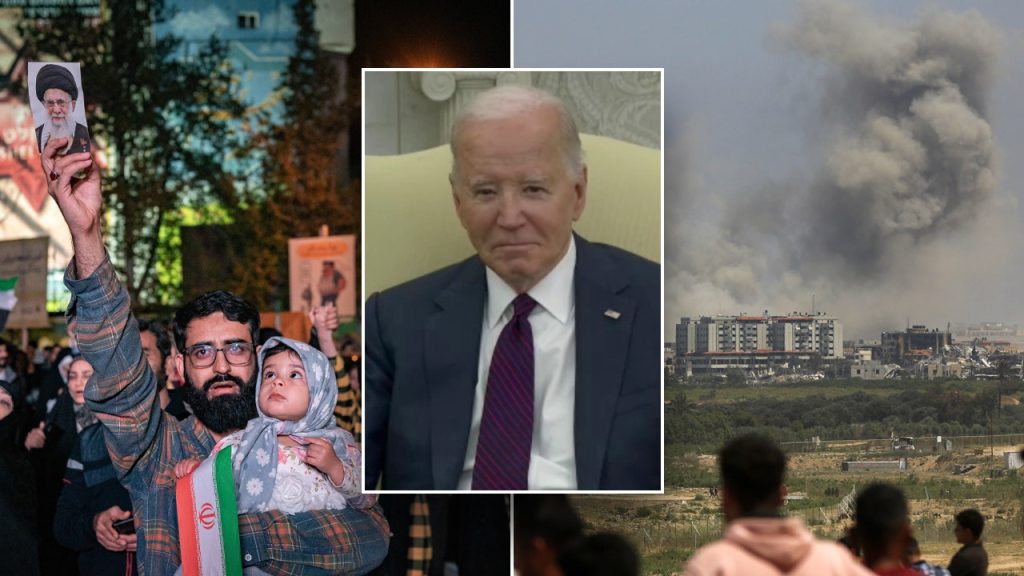Iran’s recent direct attack on Israel was seen as a victory for Israel and its allies, including the United States, Britain, and France. The attack, which involved over 300 drones and missiles, showcased the superiority of Israel’s military technology over Iran’s. Despite concerns of a wider war, Israel demonstrated its capability to defend itself against the Iranian assault. The attack was viewed as a way for Iran to save face and inflict only limited damage, as evidenced by the minor incursion against an Israeli military base.
Amid escalating tensions in the Middle East, Iran has long supported proxy groups like Hamas and Hezbollah in their attacks against Israel. The recent attack by Iran was seen as retaliation for Israel’s strike against Iranian commanders in Syria. Iran’s ability to effectively strike back was hindered by Israel’s advanced missile defense systems, such as the Iron Dome and Arrow. Despite injuries incurred during the attack, the lack of fatalities helped prevent further escalation of the conflict. President Biden’s swift response in defense of Israel further solidified the alliance between the US and Israel.
The aftermath of the Iranian attack has raised questions about Israel’s next steps in response. Israeli Prime Minister Netanyahu faces a crucial decision on whether to retaliate against Iran, risking further rounds of airstrikes and a wider war, or to allow tensions to settle. Netanyahu’s choices may be influenced by his self-interest, as prolonged conflict could protect him from possible ouster and legal charges. The ongoing conflict in Gaza and calls for restraint from the Biden administration highlight the delicate balance Netanyahu must navigate.
The Iranian attack has garnered global attention and brought America and Israel closer together as allies. The assault has highlighted Israel’s position as the target of sustained aggression by its Arab neighbors in the volatile Middle East. The attack has also prompted reflection on Capitol Hill regarding the delay in providing aid to Israel due to partisan politics. Speaker Mike Johnson’s refusal to allow a vote on aid to Israel has drawn criticism, as both parties bear some responsibility for the delay.
Efforts are being made in Congress to address the delayed aid to Israel, with discussions on including aid to Ukraine as part of a compromise. Speaker Johnson’s proposal to bring an Israel measure to the floor, potentially including aid to Ukraine, highlights the complex negotiations taking place. A potential trade-off involving relaxation of Biden’s energy policy in exchange for aid to Israel and Ukraine is being considered. The recent Iranian attack has underscored the need for Congress to push through legislation to support Israel and address regional tensions.


